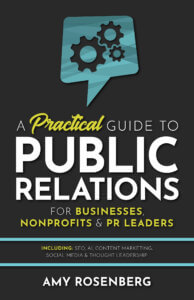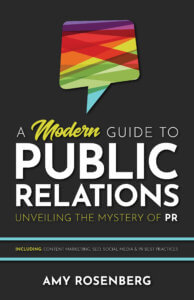![Why You Need Data in Your PR Strategy with Christopher Penn [Podcast]](https://www.veracityagency.com/wp-content/uploads/Why-You-Need-Data-in-Your-PR-Strategy-800x600-1.jpg)
Why You Need Data in Your PR Strategy with Christopher Penn [Podcast]
During this week’s PR Talk Podcast, Amy is joined by co-founder and Chief Data Scientist for Trust Insights, author, keynote speaker and podcast co-host of Marketing Over Coffee, Christopher Penn. In this episode, they talk about how to collect and use data in PR.
What Makes the Work Data-Driven
Amy began the podcast by asking Christopher what makes up data-driven PR, since that is part of his work at Trust Insights. He explained, “There is a lot of confusion on what data-driven means; essentially it is when you make decisions with data first. Although you can go through other decision funnels, data should be at the forefront. This means collecting responses from surveys or gathering data from different search engines and using that base to make PR decisions.”
Furthermore, Christopher explained that data is a handy tool for marketing and PR because it helps make better decisions and exceed goals with more automation, fewer errors and deeper insights. His experience with PR led him to notice a lack of measurement in PR work, which he believes is due to “Companies unable to invest money and time in PR measurement.”
How to Measure PR Efforts
The two agree that everything in PR can be measured; it’s just a matter of how much investment is available. If using data in the PR strategy, Christopher explained that PR practitioners should first understand their desired outcome. He used an example of increasing brand strength and awareness; this can be tested with continuous data collection like surveys and focus groups around the brand. Once data is collected, the PR practitioner can use it to understand what efforts may be lacking; however, continuous testing can be a lot of work and expense.
He then offered a simpler solution that tends to be overlooked: the use of branded organic search (which is when a person searches a company directly by name). Since this is part of public search data, numbers are much easier to attain. He explained that using discovered data can help set the direction of a campaign by revealing demographics of who is looking and who isn’t. He added that joining data from branded organic search with field market surveys can also give more insight into what consumers are specifically looking for.
What Types of Tools to Start With
Using data is great to gauge campaigns, but Amy wanted to know what tools PR practitioners should use to find information using a branded organic search method. Christopher said Google Search Console is an excellent tool in Google Analytics that can be used to figure out how people are interacting with a brand. It shows how a person got to the website through YouTube, a backlink, or an organic search. He explained that if you can compare the numbers of searches between each campaign, you can tie an increase (if there is one) to an increase in sales or leads.
Christopher wrapped up the podcast by explaining how important it is for PR practitioners to use SEO tools, especially keyword/content tools to monitor websites. He said it might seem confusing at first, but using search data could be an easy start for those looking to measure more of their PR efforts to understand what is working and what is not.
Listen now to get the full rundown on how data could change your approach to PR. Also in this episode, learn about Christopher’s time as a tarot-card reader, his experience with AI marketing, and much more.
Don’t Miss an Episode
You can access more great episodes by subscribing to the PR Talk podcast on iTunes, Stitcher, Google Podcasts, iHeart Radio and Spotify.
About the guest: Christopher Penn
Christopher S. Penn is a recognized thought leader, best-selling author, and keynote speaker who has shaped the marketing industry. As co-founder and Chief Data Scientist of Trust Insights, he is responsible for creating products and services, creating and maintaining all code and intellectual property, technology and marketing strategy, brand awareness, and research & development.
He is a 2021, four-time IBM Champion in IBM Data and AI, a Brand24 Top 100 Digital Marketer, an Onalytica Top 100 AI in Marketing influencer, and co-host of the award-winning Marketing Over Coffee marketing podcast. His work has served brands such as Twitter, T-Mobile®, Citrix Systems, GoDaddy, AAA®, McDonald’s, and many others.
Connect and follow Christopher on social media:
PR Talk is part of the Marketing Podcast Network
The Marketing Podcast Network gives brands that sell to marketers direct access to reach thousands of buyers via their trusted media source: Marketing podcasts. Browse our library of shows and see where your message can be placed to reach prospective customers ripe for your message.
This episode of PR Talk is brought to you by PRSA Oregon
Throughout Oregon and Southwest Washington, PRSA provides members with networking, mentorship, skill building and professional development opportunities – whether you are a new professional fresh out of college or a skilled expert with 20 years in the industry. Check out PRSAoregon.org for more information on how membership can help you grow and connect.


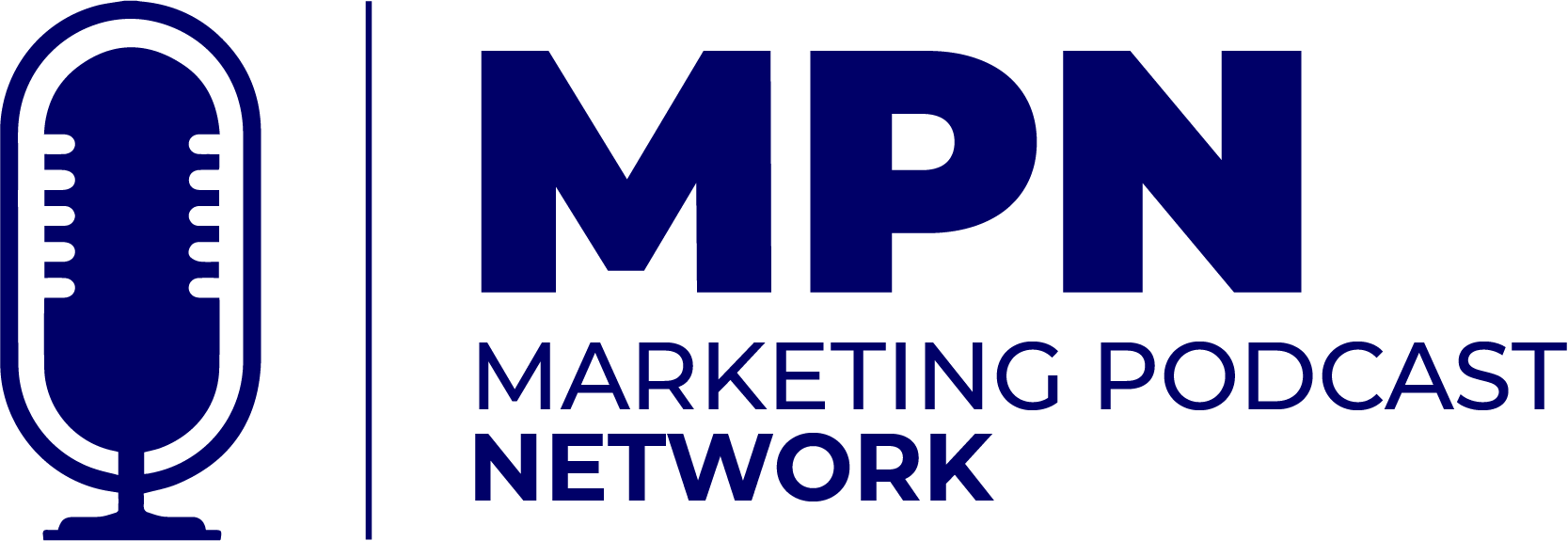
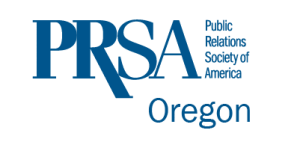
![Science-based Marketing with Elizabeth Edwards [Podcast]](https://www.veracityagency.com/wp-content/uploads/Science-based-Marketing-800x600-1.jpg)
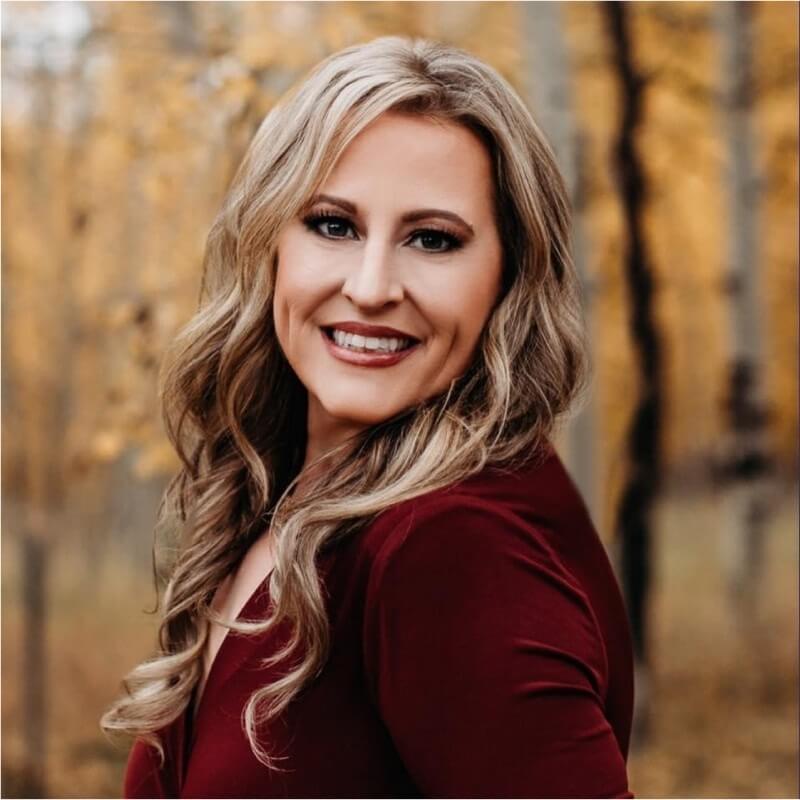
![Freelancing Buzz with Michelle Garrett [Podcast]](https://www.veracityagency.com/wp-content/uploads/Freelancing-Buzz-800x600-1.jpg)

![Influence Marketing with Jason Falls [Podcast]](https://www.veracityagency.com/wp-content/uploads/Jason-Falls-800x600-1.jpg)

![What We Love, And Hate, About Marketing [Podcast]](https://www.veracityagency.com/wp-content/uploads/What-We-Love-About-Marketing-800x600-1.jpg)
![Industrial B2B Marketing with Laura Norup-Boyer [Podcast]](https://www.veracityagency.com/wp-content/uploads/Laura-Norup-Boyer-800x600-1.jpg)

